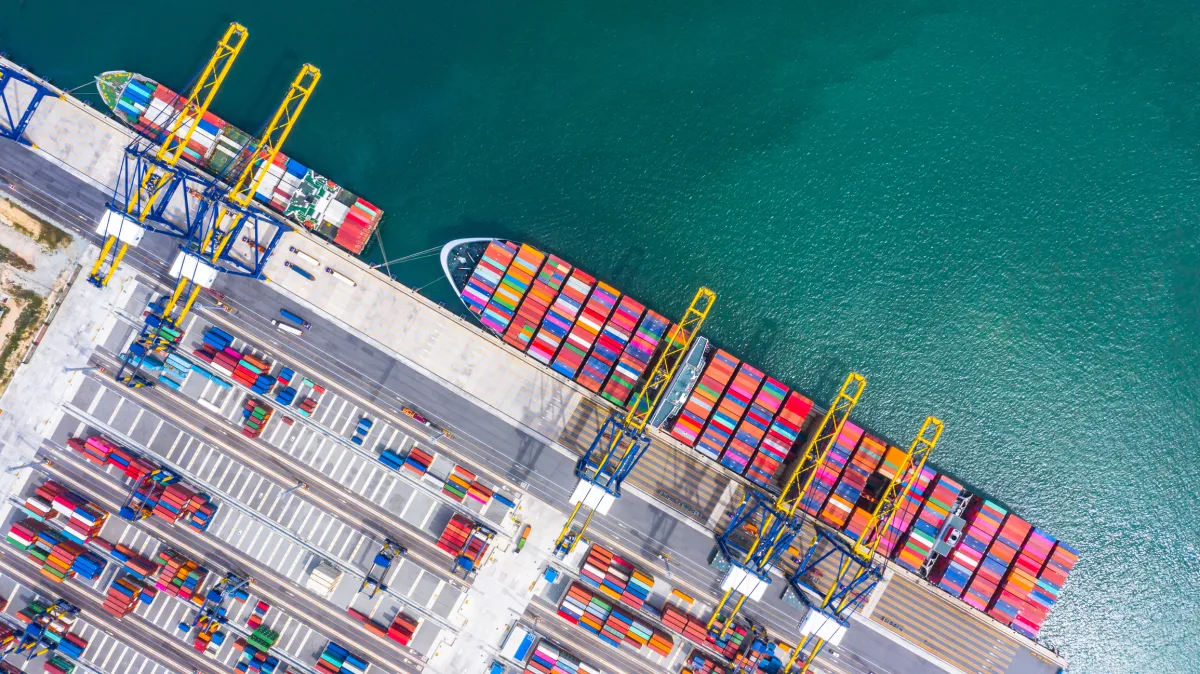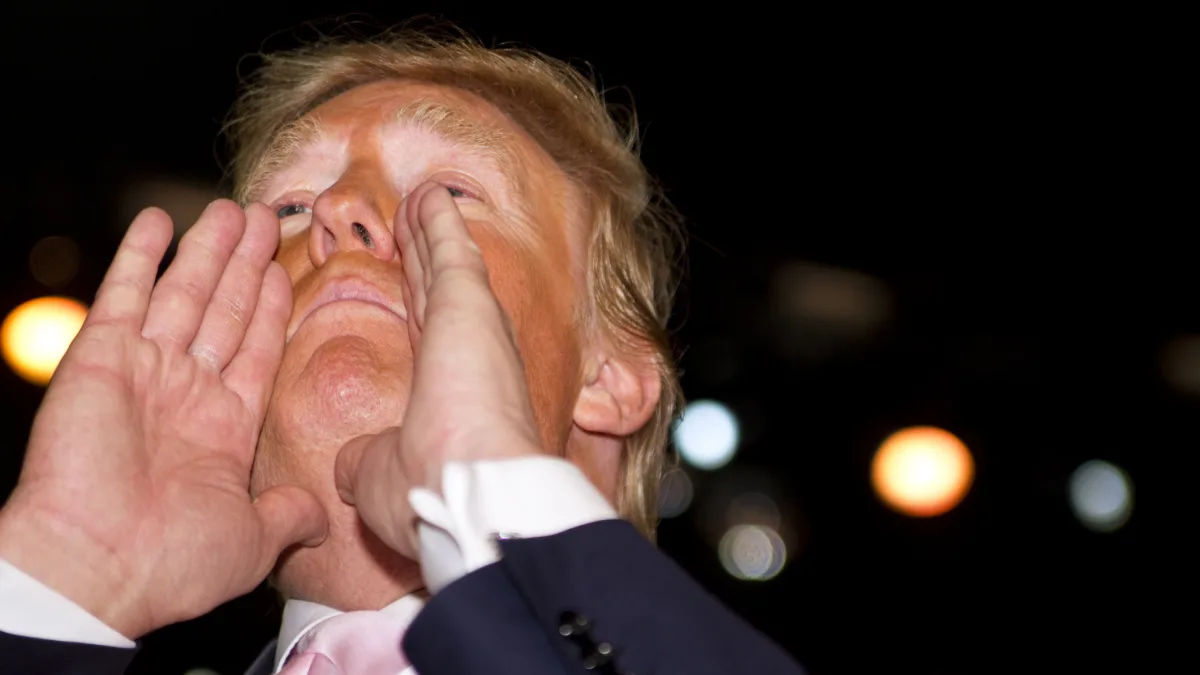As Donald Trump’s administration negotiates trade deals that reduce tariffs from threatened peaks to merely punitive levels—15 per cent on European goods rather than 30 per cent—policymakers congratulate themselves on averting trade wars.
America’s average tariff rate has nevertheless soared from 2.5 per cent to 18.4 per cent in just months, reaching levels not seen in nearly a century. The real question is not whether these deals represent progress, but why humanity tolerates trade barriers at all.
The case for zero tariffs—genuine free trade—rests on logic so compelling that 93 per cent of professional economists agree that restrictions reduce economic welfare. Yet this consensus has struggled against protectionist instincts for two centuries. David Ricardo’s insights from 1817 remain as relevant as ever—the complete elimination of trade barriers should be civilisation’s default setting.
The mathematical certainty of mutual gain
Ricardo’s theory of comparative advantage demonstrated that even if one country is more efficient at producing everything, both nations benefit when they specialise in what they do relatively best and trade the surplus. This is not economic theory; it is mathematical fact.
A country twice as productive as its partner in making clothing but three times as productive in steel will benefit by making steel and importing clothes. Its partner gains by doing precisely the opposite.
Even developing countries lacking absolute advantage in any field will always have comparative advantage in producing some goods, ensuring profitable trade with advanced economies. The implications are that there is no economic justification for any tariff on any good from any country. Zero should be the starting point, not the aspiration.
Why then, has the world spent two centuries constructing elaborate systems to subvert this logic? Today, global trade as a share of GDP sits at roughly 58 per cent—impressive compared with the pre-1800 era when it never exceeded 10 per cent, but a fraction of what unfettered commerce could achieve.
The Peterson Institute estimates that eliminating remaining global trade barriers would increase America’s benefits from trade by another 50 per cent. For a country already prosperous, that represents trillions in foregone wealth.
The prosperity that trade creates
The evidence for trade’s transformative power is everywhere. World exports today are more than 40 times larger than in 1913, underpinning an era of unprecedented human prosperity. Countries that embraced openness thrived; those that retreated behind barriers stagnated.
Consider North America’s experience with partial liberalisation. NAFTA eliminated most tariffs between Canada, Mexico, and the United States, boosting Mexican farm exports threefold and creating hundreds of thousands of manufacturing jobs. Most studies conclude NAFTA had a modest but positive impact on US GDP, adding roughly 127 billion US dollars annually—and this from a deal that left external barriers intact. True free trade would multiply such gains.
The benefits extend beyond mere statistics. Trade increases consumer choice, keeps prices low, and provides high-quality inputs for businesses, helping companies and their employees become more competitive. It rewards efficiency and punishes complacency, driving innovation.
Environmental concerns, long wielded against trade, crumble under scrutiny. A study of NAFTA’s environmental impact found that trade liberalisation led to significant reductions in particulate matter and sulphur dioxide emissions from U.S. manufacturing plants, with nearly two-thirds of pollution reductions attributable to increased competition. Free markets, it would appear, clean themselves.
Protectionist temptation and its costs
Why, then, do nations persist in erecting barriers? The answer lies in human psychology rather than economic logic. Trade’s benefits are diffuse—every consumer gains marginally from lower prices—while its costs are concentrated among specific industries and workers. The asymmetry of political pressure proves irresistible to politicians.
History offers a sobering reminder of protectionism’s dangers. The Smoot-Hawley Tariff Act of 1930, which raised duties on over 20,000 imported goods by an average of 40-60 per cent, triggered the ‘mother of all trade wars’. Two dozen countries adopted retaliatory tariffs within two years, causing global trade to decline by 65 per cent between 1929 and 1934. US imports from Europe fell from 1.3 billion US dollars in 1929 to just 390 million US dollars in 1932. The tariff wall prolonged and deepened the Great Depression.
Today’s trade tensions echo those dark days. Experts believe current US-China tariff disputes represent the initial salvos of a broader trade war, while proposed tariffs on Canada, China and Mexico would shrink US economic output by 0.4 percentage points and increase taxes on Americans by 1.1 trillion US dollars. The costs mount even before retaliation fully unfolds.
The path to zero
Critics will argue that unilateral disarmament is naive, that other countries’ barriers justify defensive measures. This misunderstands both economics and strategy. Only economies so small they cannot influence world commodity prices benefit unambiguously from unilateral liberalisation, but even large countries gain more from opening their markets than from matching others’ folly. Britain’s repeal of the Corn Laws in 1846, despite continental protectionism, ushered in decades of prosperity that cemented its global dominance.
The practical objections to free trade—that it destroys jobs, undermines sovereignty, or benefits only the wealthy—have been thoroughly debunked. NAFTA increased productivity by up to 15 per cent in industries experiencing the deepest tariff cuts, and while job losses occurred in low-productivity plants, overall unemployment fell. Trade creates more jobs than it destroys; it simply creates them in different places and sectors, requiring societies to invest in education and retraining rather than preserving obsolete industries.
Concerns about sovereignty are equally misplaced. Free trade enhances rather than diminishes national power by maximising economic efficiency. With Americans generating more than one-fifth of world income despite constituting less than one-twentieth of its population, openness has clearly served the United States well. Countries that retreat behind barriers sacrifice both wealth and influence.
The digital age makes the case for free trade even more compelling. The notion of comparative advantage extends beyond physical goods to trade in services—such as writing computer code or providing financial products. In an interconnected world where ideas and services cross borders instantly, artificial barriers become not merely costly but absurd.
The path forward requires intellectual courage. Policymakers must abandon the comforting illusion that they can shield their citizens from global competition without making them poorer. They must recognise that every tariff is a tax on their own consumers, every quota a constraint on their own prosperity.
Almost two hundred years ago, David Ricardo discovered something not so simple about trade. The intervening centuries have only confirmed his insight: free trade is not merely beneficial but mathematically inevitable. The question is not whether the world will eventually embrace zero tariffs, but how much prosperity it will sacrifice before doing so.
A zero-tariff world is not a utopian fantasy but an achievable goal—one that would unleash human potential on a scale history has never witnessed. All it requires is the wisdom to stop standing in our own way.
Photo: Dreamstime.







